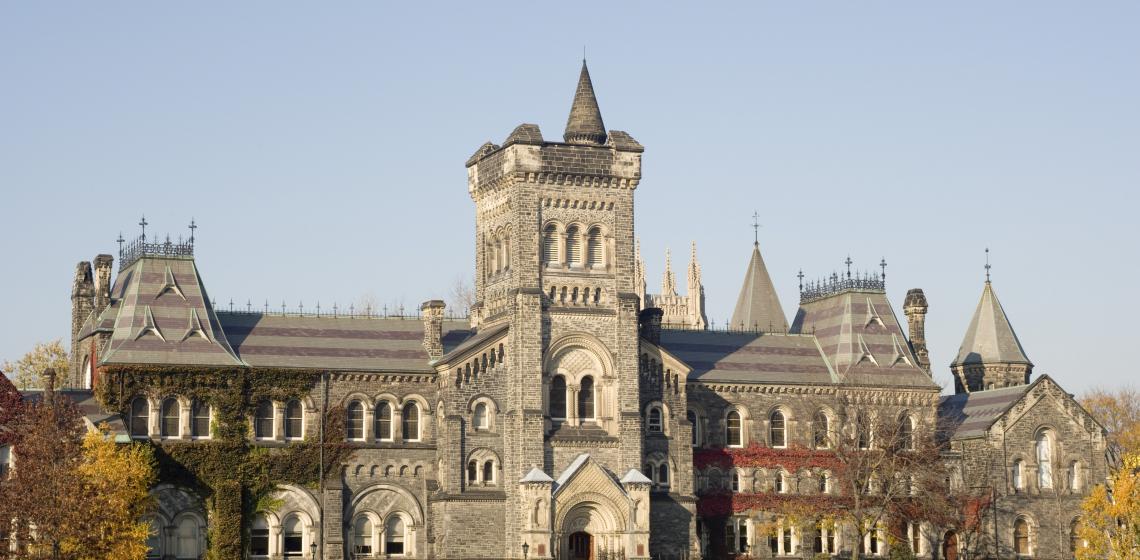
Founded in 1827, the University of Toronto has evolved into Canada’s leading institution of learning, discovery and knowledge creation. We are proud to be one of the world’s top research-intensive universities, driven to invent and innovate. Our students have the opportunity to learn from and work with preeminent thought leaders through our multidisciplinary network of teaching and research faculty, alumni and partners. The ideas, innovations and actions of more than 560,000 graduates continue to have a positive impact on the world.
Archaeology at UofT
The Archaeology Program focuses on the study of past human societies primarily through their material remains, or “material culture.” Archaeologists explore the nature of and changes in past cultures around the world through survey, excavation and analyses of stone tools, pottery, bones, plant remains, architecture, and other cultural residues. Some of the major research foci of archaeologists are the behaviour and adaptations of early hominins, diversity of hunter-gatherer societies, origins of agriculture, pastoralism, urbanism and politically complex states, the workings of ancient exchange systems, and the development of class-based and gender-based political and economic inequalities in complex societies. Working archaeologists often specialize geographically, chronologically or thematically. Classical archaeologists, for example, specialize in the cultures of the ancient Greco-Roman world, while palaeoethnobotanists explore ways that botanical residues of ancient and prehistoric cultures can inform us about their economies and social systems. The specialist, major and minor programs allow students to explore archaeology in an interdisciplinary setting.
Experimental Archaeology in Courses
The most relevant undergraduate course is ANT320: Archaeological Approaches to Technology
This course focuses on insights into social and cultural processes provided by the study of ancient and historical technology. It emphasizes the importance for archaeological studies of archaeological, textual, experimental and ethnographic data. Organization and control of production, style of technology, and the value of objects will be examined. Throughout, social and cultural as well as economic and functional reasons for the development and adoption of new technologies will be discussed.
ANT312 Archaeological Analysis plus ANT416 Advanced Archaeological Analysis, both often incorporate experimental approaches, especially ANT416.
At a graduate level: ANT4068H - Archaeology of Technology
Although designated as an archaeology course, this course approaches past technologies from a variety of perspectives: through readings and discussion of major theoretical topics; through analysis of archaeological data; through ethnographic videos and accounts; and through hands-on techniques of reconstruction, experimentation, and analysis. Technology and production will be studied alternatively from the perspective of the modern scholar, focusing on the major methods archaeologists and others have used to study ancient technology, and from the perspective of the ancient craftsperson, focusing on basic production technologies for a number of crafts. Intertwined with this, a number of themes in the study of technology will be examined, such as organization & control of production, style of technology, and the value of objects. Throughout, social and cultural as well as economic and functional reasons for the development and adoption of new technologies will be discussed.
